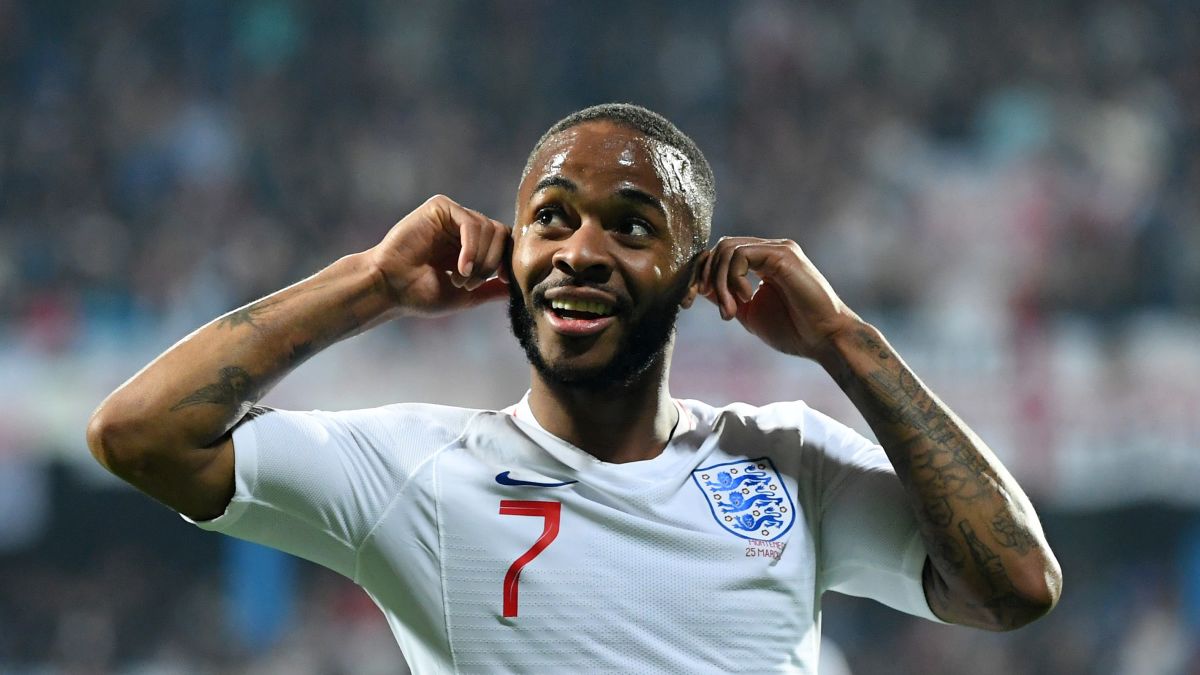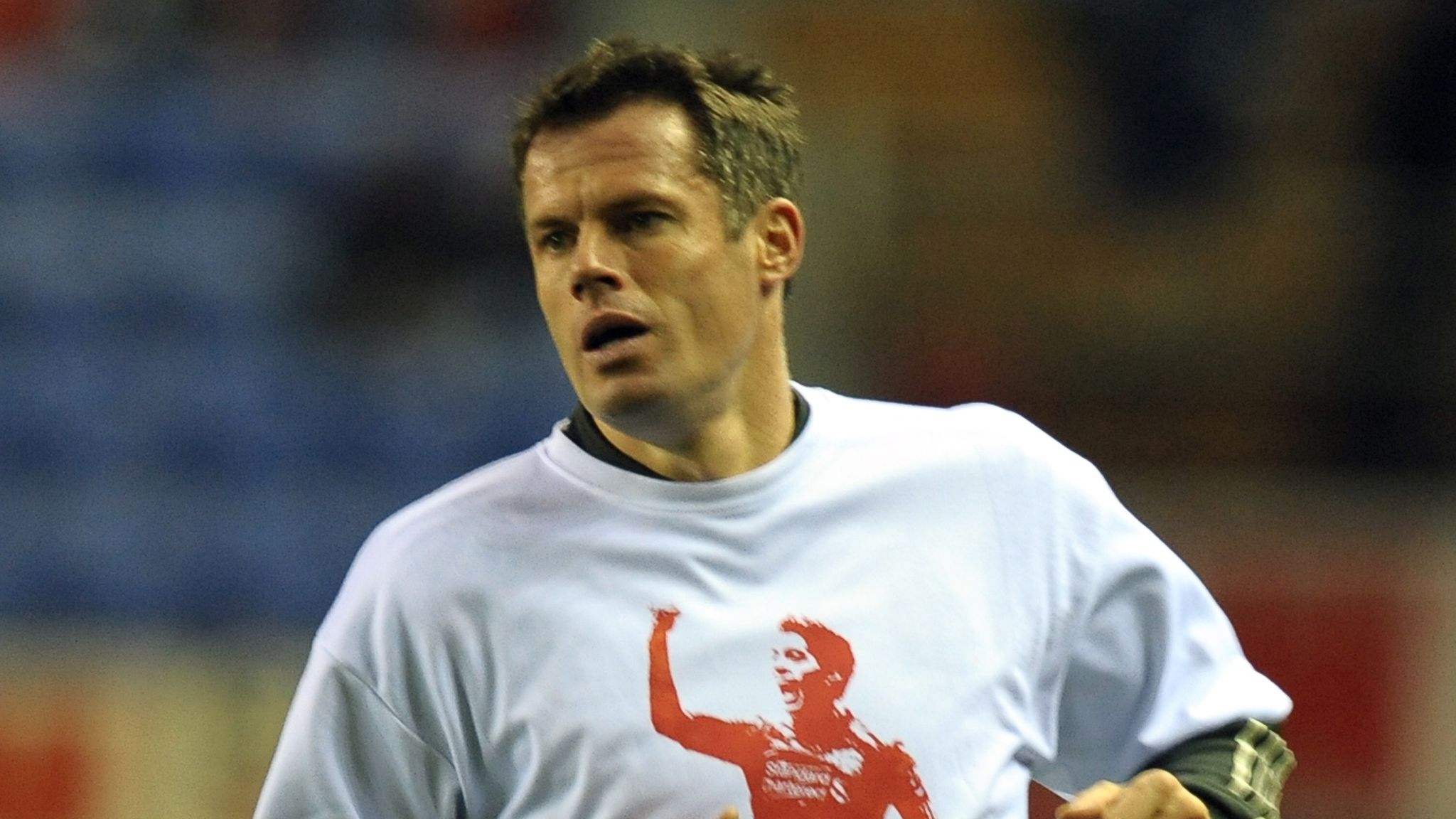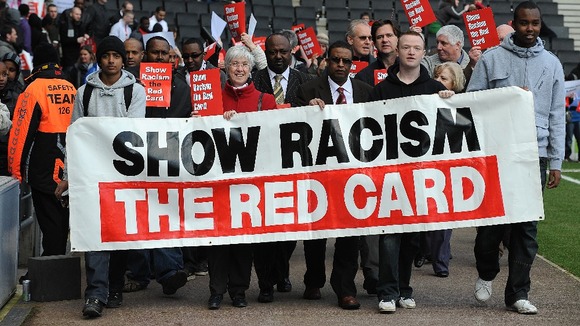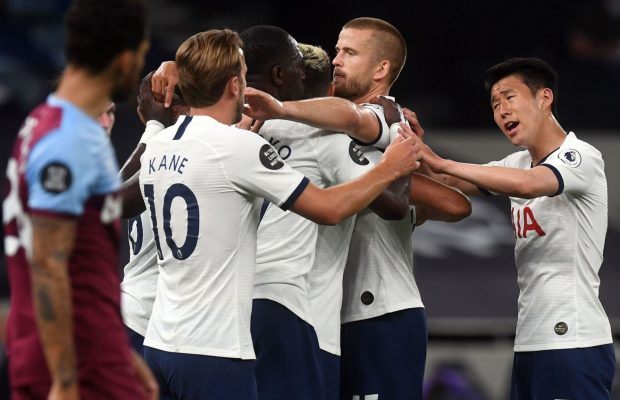“Ah, I Didn’t Mean It Ref” – How Football Has Pulled Out of the Tackle with Racism

Since the horrific death of George Floyd, the world has been engaged in discussion and debate around racism. While its roots were based around police brutality to African – Americans, it has grown and evolved into a global discussion about all races, ethnicities, cultures, genders, etc.
Living in Ireland, I always felt we were a tolerant nation as our history regularly saw us on the wrong side of oppression. The British Empire ruled our nation with malice and tyranny for centuries, our language was almost eradicated, many innocent men and women were murdered and countless more were shipped against their will to countries across the globe. As recent as the 1960’s, Catholics in Northern Ireland had to organise civil rights marches as they were treated as second class citizens by their Protestant counterparts. We all have seen the sign: No blacks, no dogs, no Irish.
These all led me to believe that we, at the least, understood what it was like to have oppressed ancestors and certainly would not carry out the actions of our historic oppressors. To the most part, I still believe this to be true. Unfortunately, as in every country, we do have uneducated people who believe skin pigmentation is a measurement of intellectual ability. I have witnessed racially motivated acts in this country so to say it does not exist would be nothing short of ignorant.
However, in the last two weeks, social media has been flooded with stories from people who have had to endure racial abuse in this country. What I found surprising though was the rhetoric that began creeping into my Twitter and Instagram feed that Ireland is a racist country. I was nothing short of stunned.
My initial reaction was that people were jumping on the bandwagon as to what was happening Stateside and when I saw some of the comments generating around social media, I was fairly sceptical of the belief that Ireland and the rest of the world’s nations were racist. I felt the horrible actions of a minority painted the picture of the majority and that was being used to depict us. But I was not going to use that as an excuse to ignore what people from minority backgrounds were saying so I began looking into their claims to see how much water it held.
Stories and examples from America showed me white privilege and racism is a huge problem. The case of Kaitlin Bennet, a then 23 year-old white girl, carrying an assault rifle to her graduation in comparison to Tamir Rice, a 12 year-old black child who was killed while playing with a pellet gun was just one of many examples of that. But again, nothing that extreme has happened in Ireland so I continued with the belief that we were not a racist country.
However, I came across an interview with rapper Akala with Piers Morgan from March 2019 and I started to see what people meant when they talk about racism. For me, I always linked racism to intent. But in the interview, Akala shows how racism is not always intentional. When discussing knife crime in London and the links to young black males, Akala said something which really started to open my eyes; he said “Over the last few years, some of the most horrific knife attacks, the victim and the perpetrator have been white and not been from London.”
He gave several examples before he said “When both the perpetrator and victims are white, race suddenly becomes unimportant… The black on black paradigms is never used in a way as a psychological self-hatred model. It is used to give the public the ridiculous impression that black school teachers, black doctors, black models, black Premier League footballers, my grandmother, David Adjaye and Oswald Boateng are at equal risk of violent crime.” He was talking about the perception of black people and how they are viewed differently despite doing the same thing as a white person, or at least that was my perception. I continued to watch further interviews with Akala (Jon Snow and his address to the Oxford Union were two particularly interesting interviews).
I found him very insightful and he showed me that racism is not just down to intention and that even if we don’t mean to be racist, we still can be and regardless if it was deliberate, the effects are still the same. However, a lot of the examples and discussions focused around Britain so I began to think how can I apply what he has said to Ireland.
My strongest point isn’t politics, religion or constitutional laws; my strong point is football so I began trying to relate Akala’s views to football in Ireland and abroad. Do we give black players the same treatment and privileges as a white person?
In regards to the fundamentals, I feel we do. From my experience, I feel that we offer minority players the same opportunities as everyone, especially at youth and third level which is where the majority of my 10 year coaching experience lies. At senior level, I have very rarely seen racism although I have heard of incidents which have been racially motivated, so it is disappointing to admit it does exist.
But do we judge black players the same as white players?
In senior football, there is a common rhetoric that if a team turns up with a black player, your full back ought to be fast. The thoughts that he is the goalkeeper, a creative playmaker or a holding midfielder doesn’t come to most players heads which is a scary thought considering one of the League of Ireland’s greatest midfielders came from Cameroon, Joseph Ndo, and the man often related to the creation of the holding midfield role was Claude Makalele. I am not afraid to say when I first began playing senior football, I was in that bracket. I didn’t see anything wrong with it – all I thought was that there was nothing wrong with presuming a black player is going to be fast and in senior football, fast players usually play on the wing or up front. But I quickly discovered why that was wrong.
We do not automatically think they are the playmakers or the man in the middle who runs the show which, while we never would have thought it, is underlyingly racist. The intention is not there but I can imagine it would hurt to think you are not perceived to be a certain type of player based on the colour of your skin. It is pre – judging someone based on the colour of their skin. I feel it is never meant in a harmful manner but the effect can be the same which is a theme I’m starting to become more aware of.
A young protest leader spoke at a Black Lives Matter march in Dublin on Saturday (30th May 2020) and said “I know that Ireland is not a racist country, but with everyone here today, we can ensure that Ireland is an anti-racist country.” The problem is that I do not think we are anti-racist regarding football and responses to racism from national and international governing bodies only back that up.
Across the world, we have seen many racially motivated incidents but two spring to mind instantly.
- Luis Suarez banned for 8 matches and fined £40,000 for racially abusing Patrice Evra.
- Chelsea and England captain John Terry fined £220,000 and banned for 4 matches for racially abusing Anton Ferdinand.
It was not the incidents themselves that were the most shocking, but the response of the footballing world. The image of Glen Johnson being forced to wear a t-shirt in support of Luis Suarez is probably one of the most disgusting images in Premier League history. Jamie Carragher & Kenny Dalglish wearing the t-shirt and Liverpool backing Luis Suarez was a massive step backwards towards tackling racism in football. Patrice Evra received an apology for the incident but only when it was discussed on an episode of Monday Night Football almost nine years later for which Jamie Carragher was present. The same can be said for John Terry – Terry was never stripped of his captaincy by Chelsea which is a slap in the face to the many black players who were playing for Chelsea at the time.

Those two examples are infamous and when you see the punishments, you would initially think that at least the governing bodies took it seriously even if the clubs did not. However, when you compare the fines governing bodies have sanctioned for other offences and compare them to the fines given for other racially aggravated incidents, it paints a bleak picture.
- In 2005, Lazio player Paolo Di Canio was fined €10,000 and handed a one game ban after he gave a Nazi salute to Lazio fans after their game against Juventus. Paolo Di Canio was also fined the same amount in 1998 when, playing for Sheffield Wednesday, he shoved a referee.
- In August 2010, after West Brom secured the signing of Peter Odemwingie from Lokomotiv Moscow, Lokomotiv fans posed for photos with racist banners celebrating the sale. One banner had a picture of a banana and read “Thanks West Brom.” No punishment.
- In July 2012, Levski Sofia were fined £30,000 by UEFA when their fans displayed a banner against Bosnian side FK Sarajevo. The banner said “Ratko Mladic and Arkan have f****d you. Now it is our turn”, referencing the mass murder of 8,000 Bosnian civilians in the horrific Massacre of Srebrenica, led by convicted war criminal Ratko Mladic. In March 2018, UEFA fined Turkish club Besiktas the same amount when a cat wandered onto the pitch during their Champions League game with Bayern Munich. The fine was for “insufficient organisation.”
- In January 2013, AC Milan midfielder Kevin Prince-Boateng, Urby Emanuelson and several other players walked off the pitch after he was racially abused by then Lega Pro Seconda Divisione (4th Tier) Pro Patria fans during a friendly. As the game was only a friendly, UEFA said the incident was outside their jurisdiction and no punishments were handed to Pro Patria.
- In April 2014, Spanish club Villareal were fined just £6,000 when a banana was thrown from their fans towards Barcelona’s Dani Alves. In 2019, Diego Simeone was fined over twice the amount (£13,000) for grabbing his crotch in celebration when Atletico Madrid beat Juventus in the Champions League.
- In July 2015, former Cardiff City manager Malky Mackay escaped punishment after several racist text messages were leaked to the media. In the 11 month investigation, it was discovered Mackay said “F*****g chinkys. F**k it. There’s enough dogs in Cardiff for us all to go around” about Kim Bo-Kyung, a South Korean player he signed as manager of Cardiff while he also said “Go on, fat Phil. Nothing like a Jew that sees money slipping through his fingers” when referring to agent Phil Smith. The LMA stated the text messages were just friendly banter.
- The English FA banned Luis Suarez for 8 matches and fined him £40,000 for racially abusing Patrice Evra in 2011. In 2005, they also banned Southampton’s David Prutton for 10 games and fined him £60,000 for pushing referee Alan Wiley in their league match against Arsenal.
- In April 2019, Montenegro fans racially abused England’s Raheem Sterling, Danny Rose and Callum Hudson-Odoi, with Sterling famously responding by cupping his hands to his ears in front of the Montenegro fans after scoring. UEFA responded by handing Montenegro a £17,396 fine and a one game stadium ban. In June 2012, UEFA fined Danish striker Nicklas Bendtner around £80,000 for exposing the waistband of his underwear to show a Paddy Power logo during a goal celebration. To put that into context, a Danish striker was fined 4 times the amount of that of a national governing body whose fans were guilty of racially abusing black players… All because the top of his boxers had a bookmaker on it.
The sheer volume of racial abuse incidents I discovered was simply astonishing. I could have designed an entire article simply noting the incidents such was the number of cases. What was a tough pill to swallow was the variety of abuse and the variance in victim demographics; Black, Asian, Slavic, Jewish, Hispanic – All in Western society, the society we deem to be the most advanced and tolerant society in the world.

I always thought it was the minority of people in the advanced countries who were undeniably racist. Judging from the ”support” the Black Lives Matter movement has received from the nation via social media and protests, I still feel that is the case but this is the first time in history that I can remember such a damming support of a cause geared towards tackling racial abuse which is when it finally dawned on me – It’s not enough not be racist.
Holding up a “show racism the red card” sign and putting up a nice, little post on social media has simply done sweet f**k all to people who have been abused on the colour of their skin, their religion or their heritage. All it has done is given us the false impression that we have actually achieved something meaningful, received a few likes and a “well said” comment from Nigel or Debra. It is the same as when sites such as the Lad Bible talk about how important mental health is but had no problem fat shaming Prison Break star Wentworth Miller in 2016. We need to call it out when we see it, regardless of the colour of the person’s skin or the god they believe in, show perpetrators that we will not tolerate it and show the victims we are with them.
As Akala and many other educated speakers have noted, we need to educate not just ourselves but those around us. We need to become aware of the struggles that minority groups face and empathise with them. We need to set examples for the younger generations, now more than ever. Nobody is born with racism; it is not genetic. It is inherited and educated and until the curriculum is altered, it will continue to materialize.
So how do we educate ourselves? Do I just Google “racism” and read the first article?
How you educate yourself is down to you as an individual as everyone is different. When I was studying for my exams in the final year of my degree four years ago, I always preferred audio than visual. I would find videos and audio journals, dissect them, and formulate my own opinion. I am still like this to this day – I would benefit more from watching webinars and videos regarding coaching education rather than reading a book on a specific philosophy or ideology.
My advice would be to watch what is going on around the world and note the stories of minority people in your country and take in the effect it had on them. Identify phrases and judgements that can hurt minority ethnic groups, discuss the topic with your friends and family and show support whenever you can in whatever way you can.
We have gone past the stage where not being racist is enough; we need to become anti-racist. We, as Irish people, have a long history of oppression and I can only imagine if it was our families who were massacred in Drogheda in 1641 at the hands of Oliver Cromwell, struggling for food during The Famine in the 1840s or suffering at the hands of gerrymandering in Northern Ireland in the 1960’s, we would have been asking for support from other nations but unfortunately, that was not possible back then.
Now, we have the chance to be on the right side of history and ensure that this is not just a phase, it becomes normality. If we really try, we can smash racism back into row Z.





0